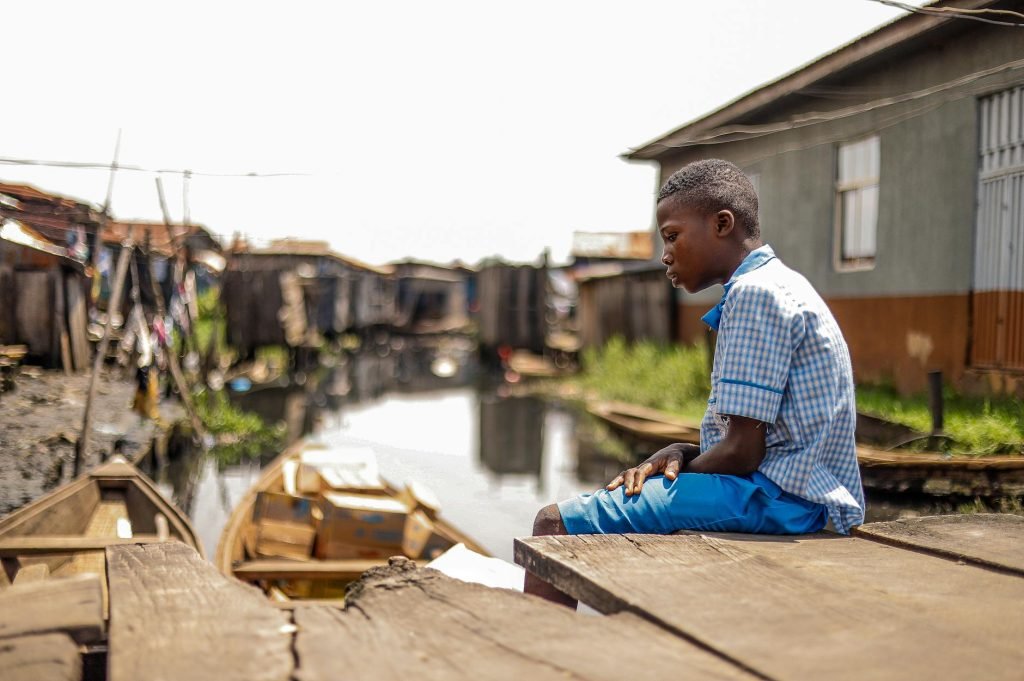Kindly provide us with an introduction about yourself.
I am Eberechukwu Akadonye, a Nigerian electrical and electronics engineer. My professional journey has primarily involved collaboration with real estate developers, where I have developed a strong passion for making a positive impact on people’s lives. This commitment to service was further solidified when I began volunteering with Lema Plan International Projects in 2019, leading me to realize my purpose in transforming lives
Please share your educational background.
I hold a degree in Electrical and Electronics Engineering from the Federal University of Technology in Owerri, Imo State, Nigeria. As a member of the Nigerian Society of Engineers, I have also acquired various certifications in digital marketing and web development.
As the current Project Manager of Lema Plan International in Nigeria, could you elaborate on the prospects for 2025 regarding our ability to continue organizing activities that support underprivileged children through education?
In Nigeria, the need to assist vulnerable children is always pressing. The country has faced persistent economic challenges over the years. However, the situation has worsened significantly from last year to this year, with a sharp rise in poverty levels as families struggle to meet essential needs such as food, clothing, and shelter. This dire situation has led many families, especially in rural areas, to prioritize immediate survival over education, often viewing it as a secondary concern.
This context underscores the critical importance of 2025 for our mission to help children either return to school or remain enrolled, as many are dropping out monthly. If we can secure sufficient funding, we will have the opportunity to reintegrate numerous children into the educational system, recognizing that the strength of a community is fundamentally linked to the education of its members.
Please discuss the school building project. Have your team undertaken any initiatives to secure additional funding for this project from the education ministry in your region? How supportive is the local government of Imo State regarding this initiative? This project has the potential to transform the lives of thousands of children in Imo State, and given the current economic challenges, its success could prevent many children from becoming street dwellers.
We have consistently sought assistance from the ministries of social welfare and education, yet our efforts have not resulted in any tangible benefits. Despite diligently completing all necessary documentation, we have received no response from the government.
Since the presidential election last year, our committee in Switzerland has been reluctant to organize charity activities in Nigeria due to social unrest and financial instability. Could you provide an overview of how our initiatives have been impacted since that time
The year 2024 has presented considerable challenges for us. Initially, the financial landscape has been particularly tough, as the country faces severe economic turmoil. This situation has largely stemmed from the elimination of the fuel subsidy and rising foreign exchange rates, which have adversely affected national productivity and led to a staggering increase of over 100% in commodity prices over the past year.
Additionally, insecurity has emerged as a critical issue nationwide. Criminal activities, including kidnapping and the deliberate destruction of livelihoods, have severely impacted nearly every region. Our initiatives predominantly target rural communities, many of which are currently experiencing a notable surge in violence and instability.
These two factors have greatly hindered our ability to implement projects effectively.
We understand that financial instability may have led to an increase in the number of out-of-school children. Could you inform us about the extent of this issue and the measures the government is implementing to address it?
Our communities are witnessing a significant increase in the number of children who are not enrolled in school. The current circumstances are incredibly challenging for many, a situation that is hard to comprehend. Numerous businesses are shutting down due to soaring operational expenses, leaving their employees in dire financial straits. In certain regions, individuals are still standing in line merely to obtain bread.
It is evident that the government has not achieved substantial advancements, as most of its initiatives have failed to effectively tackle this pervasive problem.
In what ways are women in your region affected by the current situation?
The current situation in the country has not overlooked the challenges faced by women. While men have certainly encountered hardships, the impact of the economy on women has not received adequate attention. Many women have been required to assume job responsibilities traditionally held by men in order to support their families. Additionally, they must manage household duties upon returning home. This dual burden forces them to juggle increased work demands with family care, often leading to heightened stress levels. It is important to recognize that everyone is navigating a particularly challenging period.





